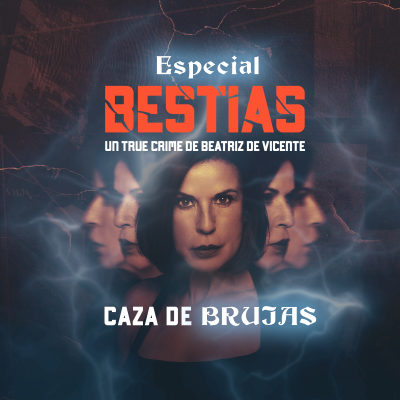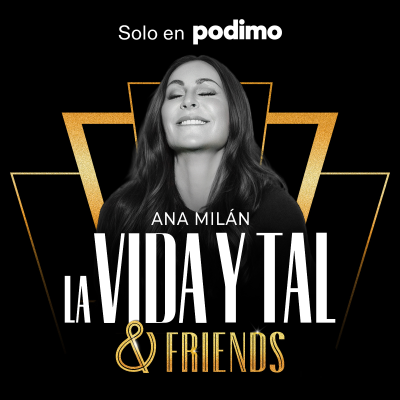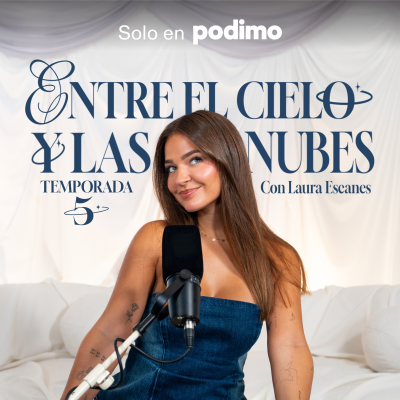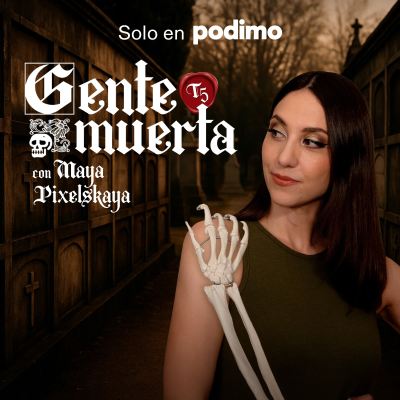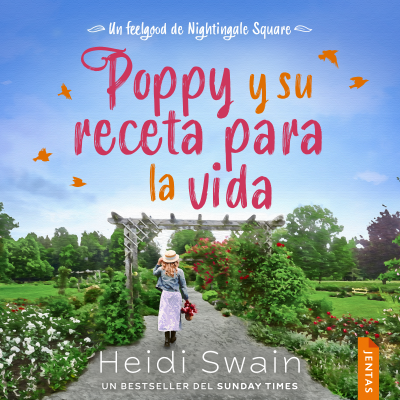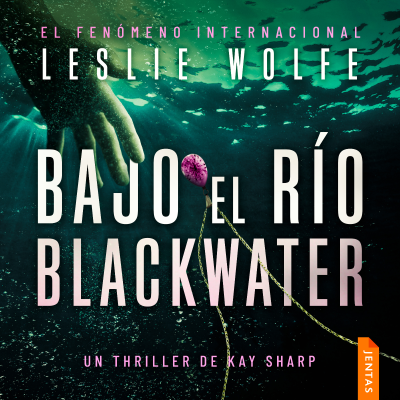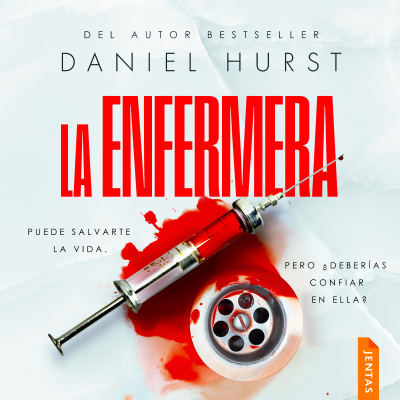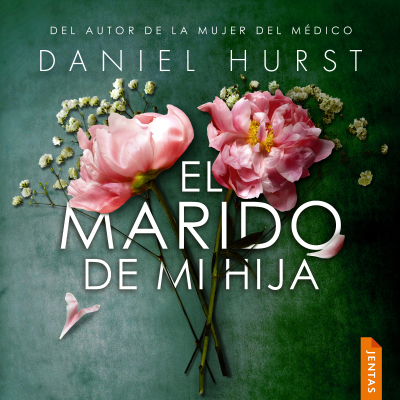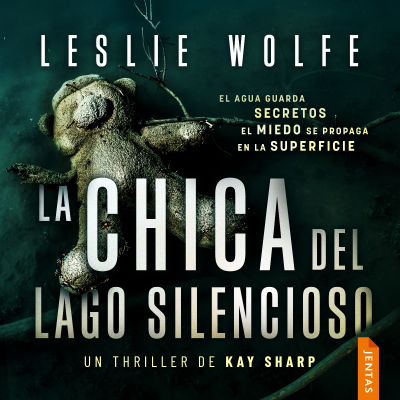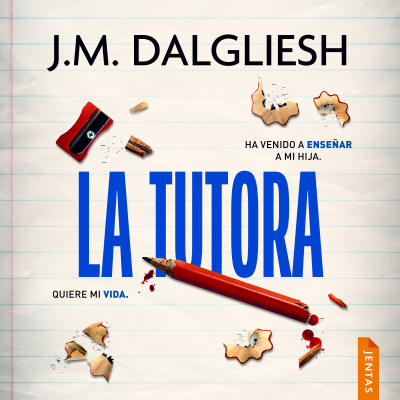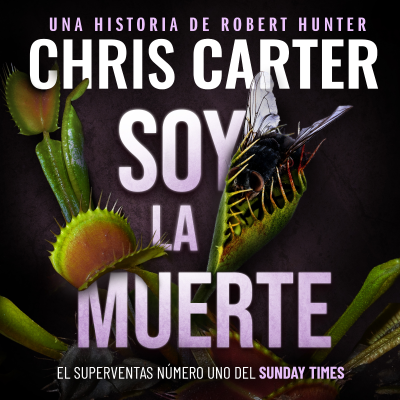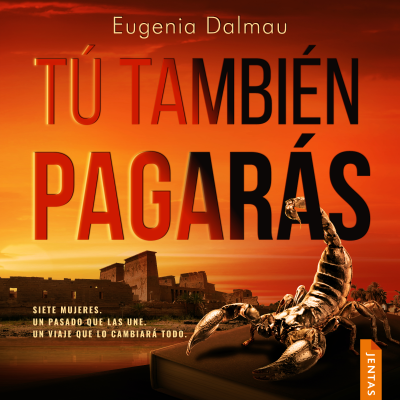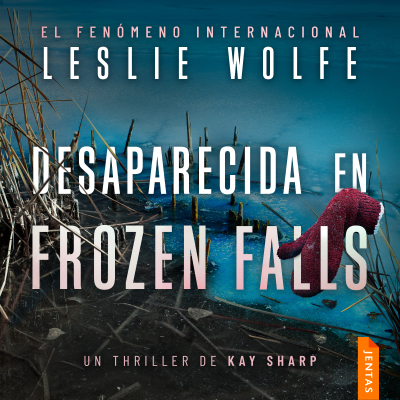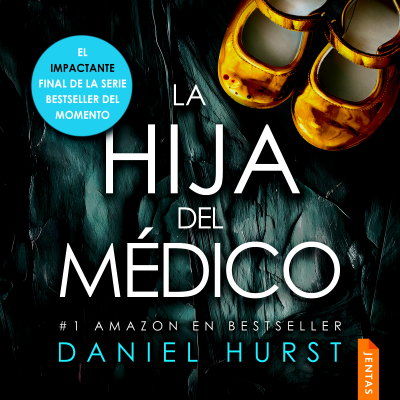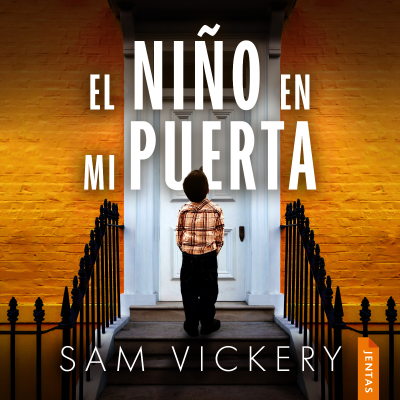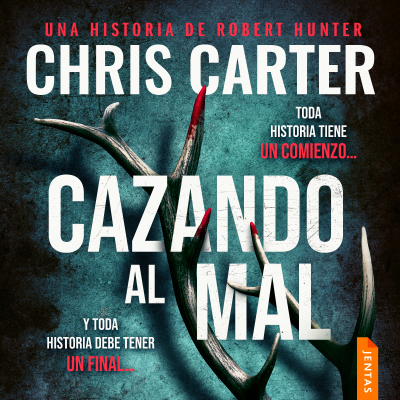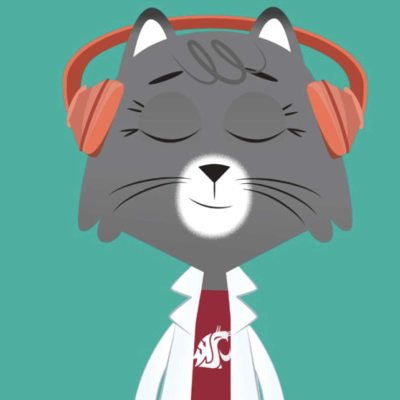
Ask Dr. Universe
inglés
Familia
Disfruta 30 días gratis
4,99 € / mes después de la prueba.Cancela cuando quieras.
- 20 horas de audiolibros / mes
- Podcasts solo en Podimo
- Podcast gratuitos
Acerca de Ask Dr. Universe
Join Dr. Universe and her friends at Washington State University as they investigate science questions from kids around the world. Know a kid with a curious science question? Help them submit it at askDrUniverse.wsu.edu for a chance to be featured on a future episode.
Todos los episodios
55 episodiosHow Do You Science | Meet an Extension Vegetable Specialist
Send us a text [https://www.buzzsprout.com/twilio/text_messages/1338544/open_sms] Love veggies? Me, too. And so does my friend Tim Waters, regional vegetable specialist at WSU Extension. In this episode, you'll hear: * What Extension is * What it was like for Extension agents back in 1918 [https://www.historylink.org/file/7684] * How he solves problems—from insect ID to veggie pathogens to lightning strikes [https://www.youtube.com/watch?v=YUwDym_VqdU] in fields * One cool journey from community college all the way to a PhD Resources you can use: * Check out WSU Extension [https://extension.wsu.edu/] yourself (or look up Extension [https://extension.org/find-cooperative-extension-in-your-state/] near you) * Learn more about WSU research farms [https://cahnrs.wsu.edu/research/centers-facilities/farms/] * Find out how to a start a veggie garden [https://www.nal.usda.gov/plant-production-gardening/vegetable-gardening] yourself * See some Prionid beetles [https://bugguide.net/node/view/5031] and giant water bugs [https://bugguide.net/node/view/12796] * Even more giant water bugs! You won't believe how these guys breathe underwater and care for their eggs in this PBS Deep Look video [https://www.pbs.org/video/dont-go-chasing-water-bugs-gwefmq/] As always, submit burning questions at askdruniverse.wsu.edu [https://askdruniverse.wsu.edu/]. Who knows where your questions will take us next.
Your Paw-some Question | Do turtles live inside their shells?
Send us a text [https://www.buzzsprout.com/twilio/text_messages/1338544/open_sms] Today Cosmo and I learn about turtles and how they grow their amazing shells —all thanks to my friend, Ryan Wagner [https://directory.vancouver.wsu.edu/people/ryan-wagner], wildlife biologist at Washington State University (and former turtle pedicurist). Art and science go hand and hand. Check out Ryan Wagner's website [https://www.ryanbwagner.com/] to see his incredible photos 📸🐢 As always, submit burning questions at askdruniverse.wsu.edu [https://askdruniverse.wsu.edu/]. Who knows where your questions will take us next.
Your Paw-some Question | What happens if you get eaten by a shark?
Send us a text [https://www.buzzsprout.com/twilio/text_messages/1338544/open_sms] Dooooo-doo, Dooooo-doo. 🦈 Today Cosmo and I learn about sharks and their rad digestive systems—all thanks to my friend, Dr. Nora Hickey, fish veterinarian at Washington State University. Want to learn more about fish? Check out Dr. Hickey's Fishkeep & Chill website [https://fishkeepandchill.com/] 🦈 As always, submit burning questions at askdruniverse.wsu.edu [https://askdruniverse.wsu.edu/]. Who knows where your questions will take us next.
How Do You Science | Meet a Wildlife Biologist
Send us a text [https://www.buzzsprout.com/twilio/text_messages/1338544/open_sms] In this episode, I learn all about wildlife biology from my friend, Ryan Wagner [https://3mt.wsu.edu/ryanwagner2024/]. He told me about clipping turtle toenails and bathing froglets—all for science. And he recounted his recent adventure backpacking frogs into a national forest to return them to their former home. If you love amphibians and reptiles or conservation biology, this one's for you. Hear about: * stressed out turtles and their toenails * chytrid fungus and frogs * scientists helping Cascade frogs survive climate change * how art makes science even better Resources you can use: * Want to see Ryan Wagner's wildlife photos or read his stories about science? Check out his portfolio [https://www.ryanbwagner.com/] * Learn more about Cascades frogs in the PNW [https://www.youtube.com/watch?v=FemA7BfK-cA] and why climate change is bad for them * Get your amphibian fix [https://kids.nationalgeographic.com/animals/amphibians] with Nat Geo As always, submit burning questions at askdruniverse.wsu.edu [https://askdruniverse.wsu.edu/]. Who knows where your questions will take us next.
Your Paw-some Question | Why do we have germs on our hands?
Send us a text [https://www.buzzsprout.com/twilio/text_messages/1338544/open_sms] Cosmo and I learn about microbes, thanks to Eric Lofrgren, an infectious disease expert at WSU. Resources you can use: * hear what microbes [https://www.microbehunter.com/] are * where they live in the environment [https://www.youtube.com/watch?v=SGPflE5eHrU] * how some skin bacteria help us out [https://www.youtube.com/watch?v=MWE3U3FItlc] * what biofilms [https://www.youtube.com/watch?v=twxPyvdc-EE] are * ...and check out this bellybutton bacteria [https://robdunnlab.com/projects/belly-button-biodiversity/] scientists study Oh, and wash your paws! =^..^= As always, submit burning questions at askdruniverse.wsu.edu [https://askdruniverse.wsu.edu/]. Who knows where your questions will take us next.
Elige tu suscripción
Premium
20 horas de audiolibros
Podcasts solo en Podimo
Podcast gratuitos
Cancela cuando quieras
Disfruta 30 días gratis
Después 4,99 € / month
Premium Plus
100 horas de audiolibros
Podcasts solo en Podimo
Podcast gratuitos
Cancela cuando quieras
Disfruta 30 días gratis
Después 9,99 € / month
Disfruta 30 días gratis. 4,99 € / mes después de la prueba. Cancela cuando quieras.

